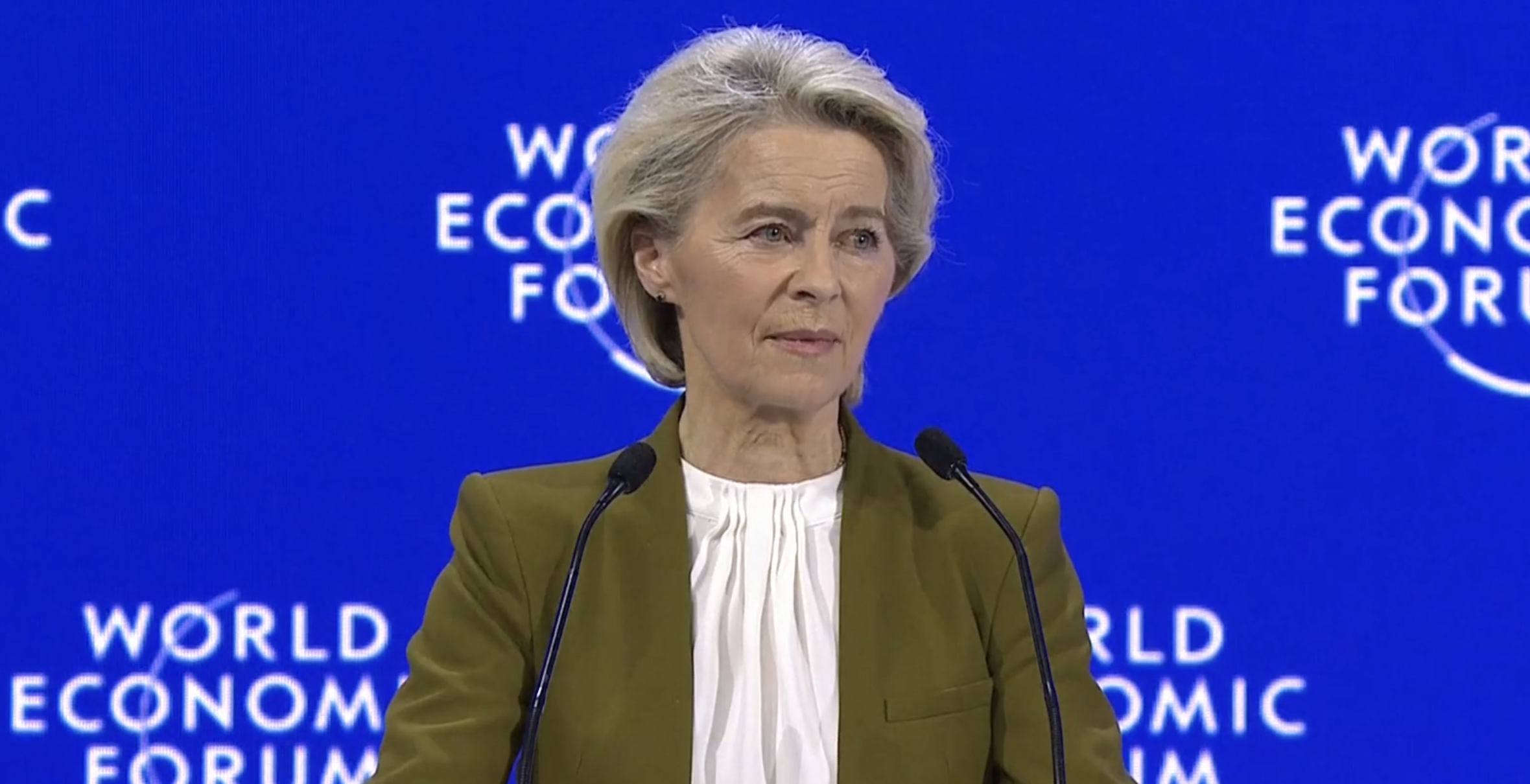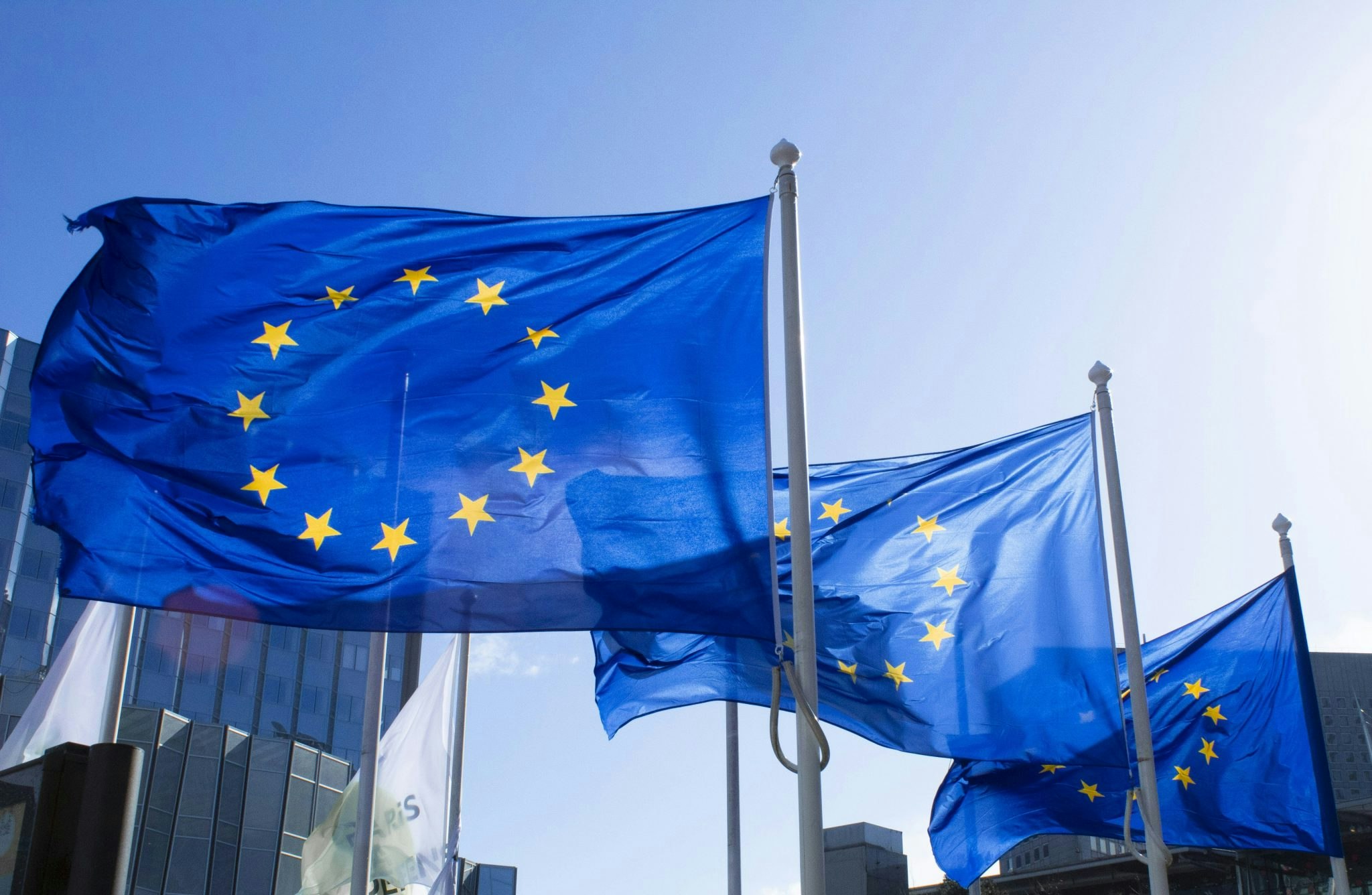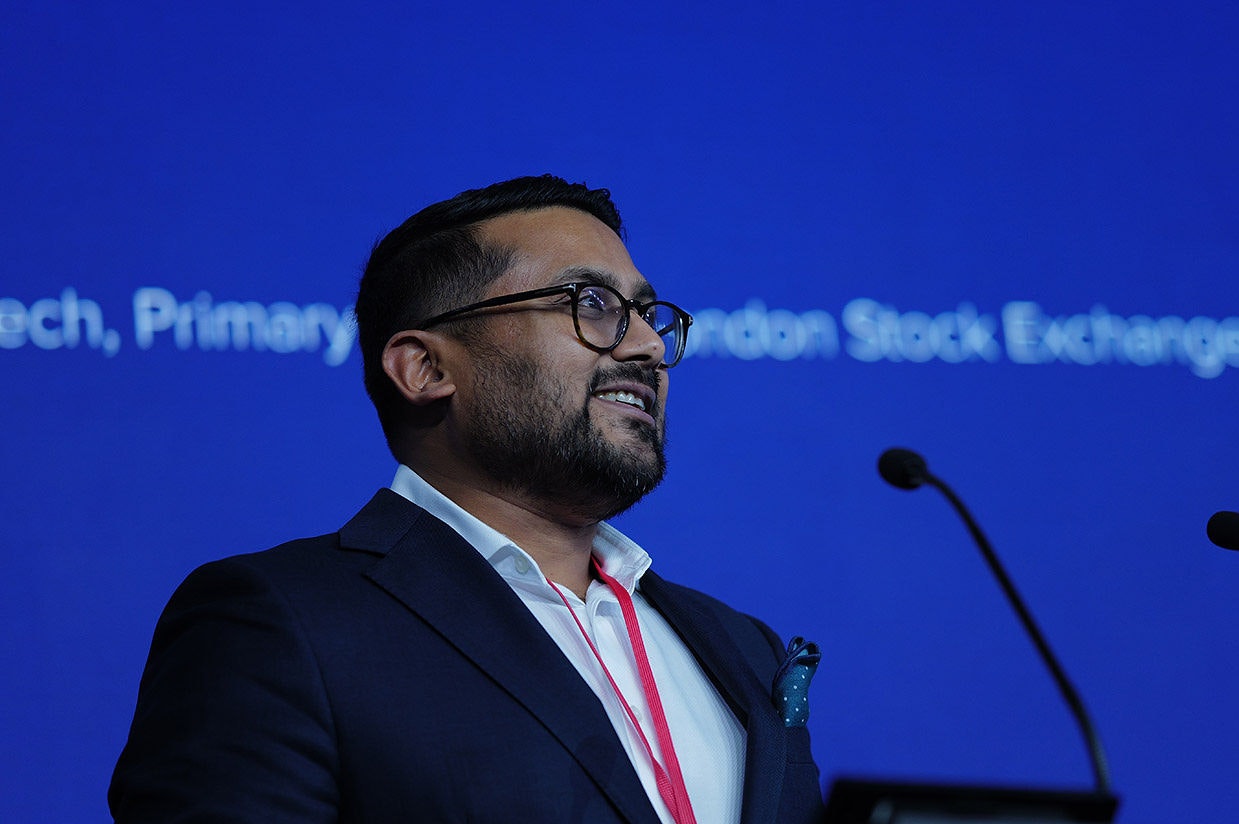European lawmakers have warned against plans to water down the bloc’s landmark AI Act, describing moves to do so as “dangerous”, reports say.
The Act introduces rules for organisations using AI in the EU, with an emphasis on ethics, safety and transparency. It’s the world’s most stringent set of regulations governing AI, and has faced criticism from tech companies both within Europe and abroad.
But the European Commission is currently overseeing discussions which could see the enforcement of the regulations softened, by making more parts voluntary rather than compulsory.
Panels of academic experts and industry leaders have met in recent months to thrash out the Act’s code of practice for general-purpose AI systems like those built by OpenAI or Mistral.
Industry lobbyists have sought to water down the regulation, causing frustration among European MEPs, several of whom have written to the commission’s digital chief, Henna Virkkunen, describing the plans as “dangerous” and “undemocratic,” the Financial Times reports.
The letter, signed by most MEPs who negotiated the AI Act, warns tech companies could adopt “extreme political positions, implement policies that undermine model reliability, facilitate foreign interference or election manipulation, contribute to discrimination, restrict the freedom of information or disseminate illegal content.”
“The consequences could deeply disrupt Europe’s economy and democracy,” the MEPs wrote.
On the other side of the debate, the bloc has faced extensive lobbying from tech companies, who say the rules need to be further watered down.
Meta has said it cannot publish multimodal large language models in the EU because of the regulations. Google and Spotify have also voiced concerns.
Boniface de Champris, a senior policy manager at CCIA (Computer & Communications Industry Association) Europe — an industry body which counts Amazon, Google and Meta among its members — told Sifted earlier this month that the current draft still raised "significant concerns" for tech companies.
“Serious issues remain, including far-ranging obligations regarding copyright and transparency, which would threaten trade secrets, as well as burdensome external risk assessments that are still part of this latest iteration," he said.
The code of practice is now in the final stage of negotiations, where final tweaks will be made to it based on stakeholder feedback.



